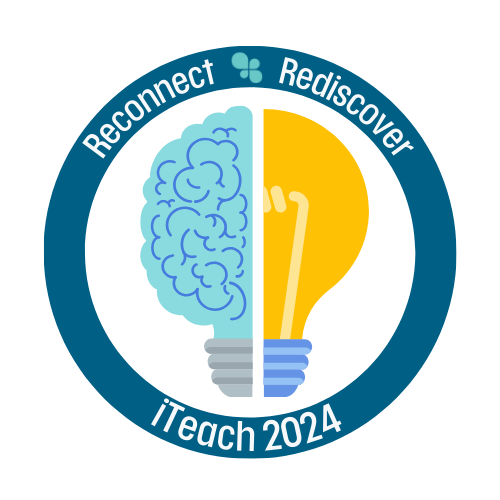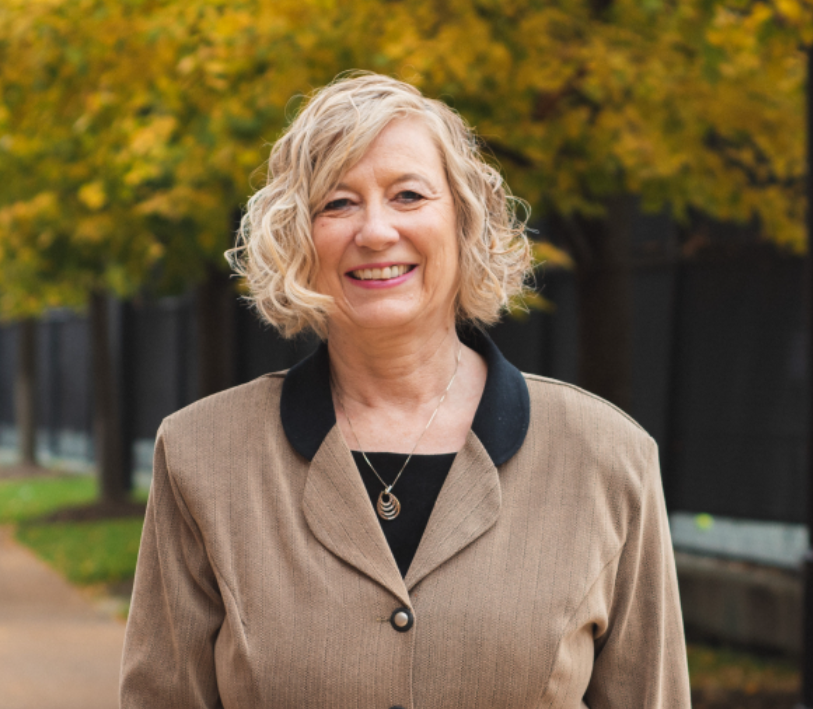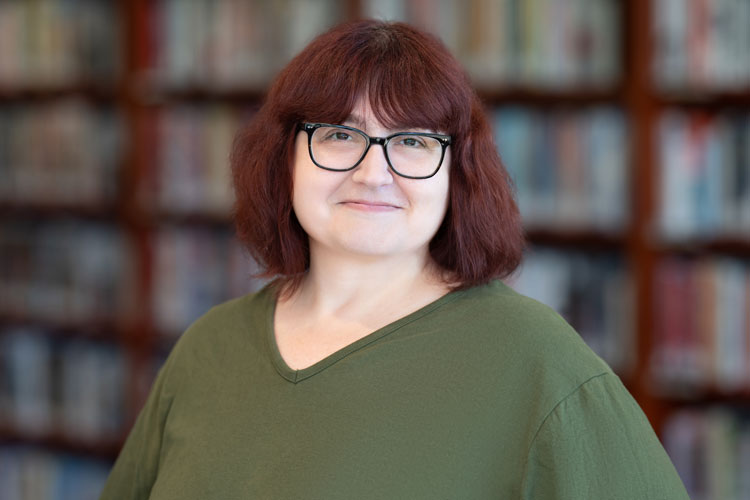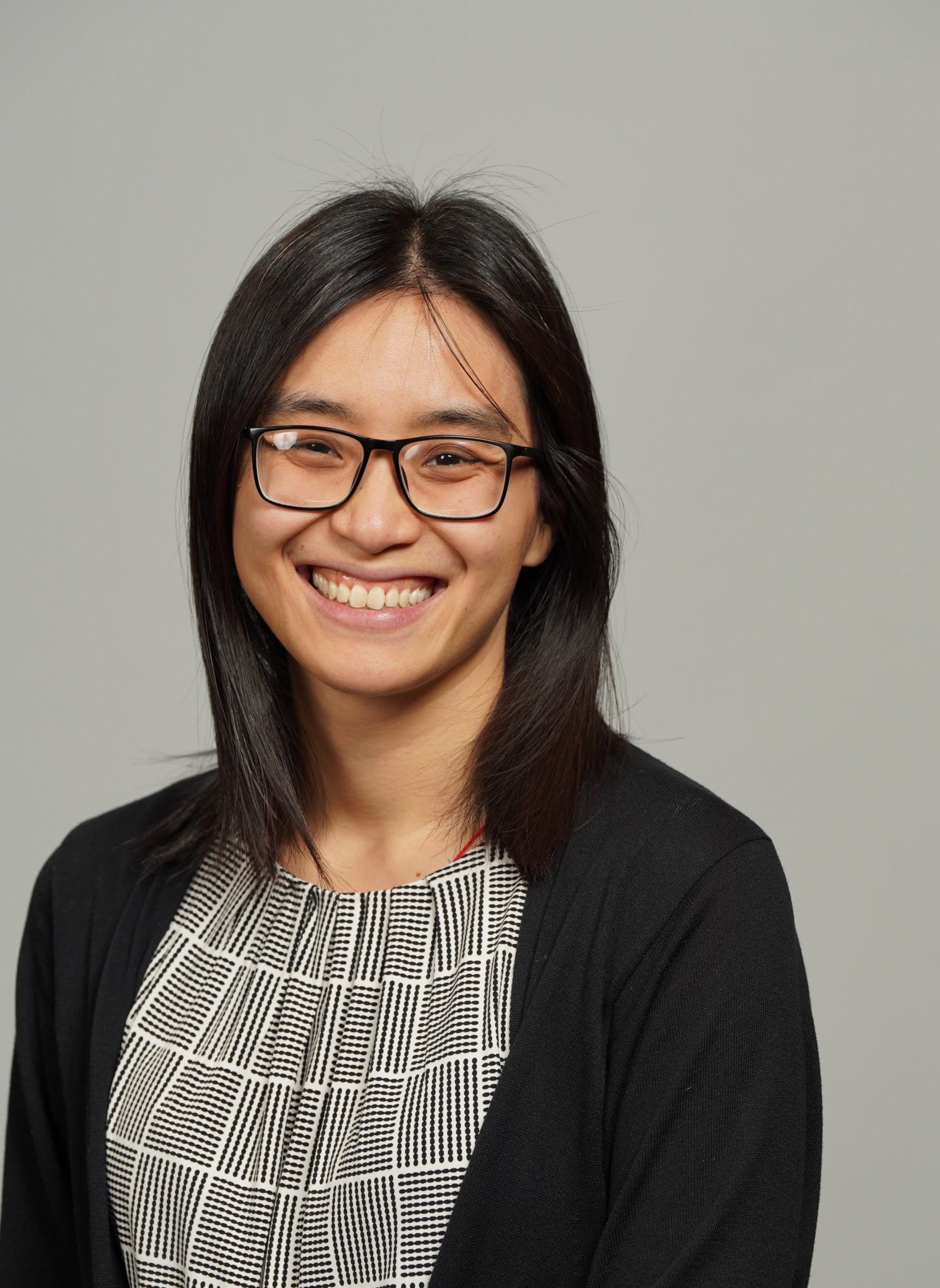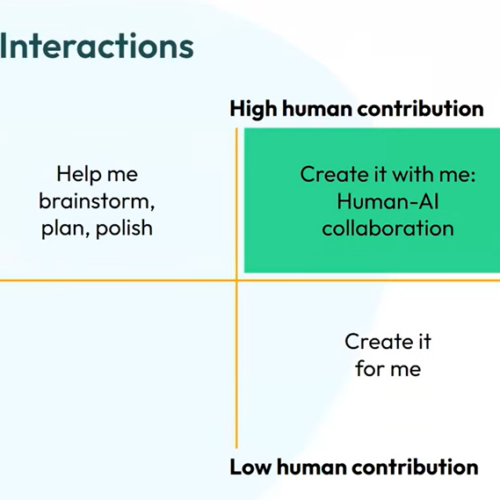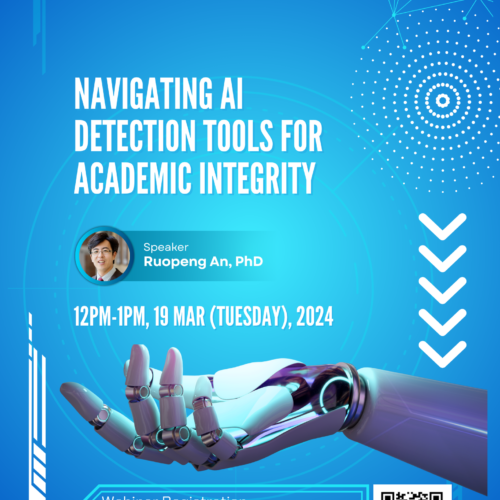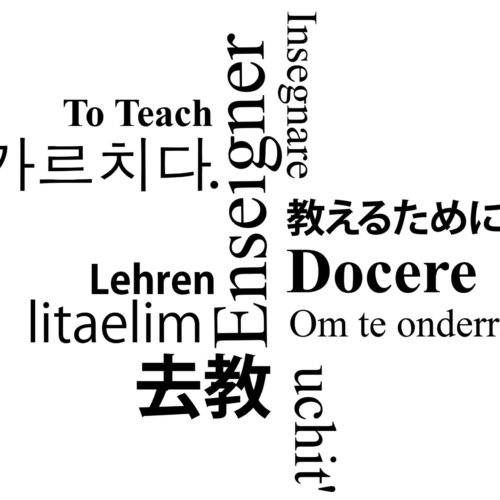Insights for Instructors from Focus on Teaching and Technology Conference 2023
The Focus on Teaching and Technology Conference (FTTC), hosted by UMSL, is an annual regional conference, drawing hundreds of instructors and staff from the area to share teaching ideas. About 20 WashU faculty and staff attended the virtual and/or in-person conference. I asked a few attendees that I chatted with at FTTC to share one highlight or idea that may help other instructors at WashU.

Below, you can find our reflections on insightful FTTC sessions. We all ended up selecting insights that target student well-being, a key theme with a handbook that the CTL highlighted recently and had instructors at WashU share ideas from their classrooms on topics such as compassion and stress reduction to gratitude and purpose.
If you have additional insights to share about teaching practices from FTTC, other forums, or your own experience, please reach out at ctl@wustl.edu or share them at iTeach this January!
Michele Augustin, Director of Teacher Education and Academic Services, Department of Education
One of my favorite FTTC sessions this year was 3-Stage Exam: Building Note-Taking and Collaborative Problem-Solving Skills, a virtual session led by Teresa Chen and Karen Lomond from Ithaca College. This collaborative testing approach provides an alternative to multiple choice questions, which are often tricky for students due to confusing wording. I was interested in this session as I have incorporated multiple stage testing into my courses within a team-based learning model and I wanted to see how others use this approach to assessment.
Through their pilot study designed to address notetaking skills, exam anxiety, and peer relationships, the presenters initiated three opportunities for students to demonstrate knowledge of the course material. First students took a traditional Scantron closed-book mid-term exam followed by a 10-minute break. Then they completed the exam again on the same day with access to open book text materials. Finally, later that week they participated in an open book discussion of the exam questions with their lab groups. Survey results indicated that students improved in the areas of reflection, communication, and relationship building along with the potential of reducing test anxiety. While there was only a modest effect on knowledge retention, the positive effects on notetaking and opportunities to reflect on learning strategies in a noncompetitive environment provided me with some ideas for adjusting my approach to multiple stage assessment.
Theresa Mastrodonato, Head, Instruction and Student Experience, University Libraries
I was inspired by all the sessions that focused on reducing student stress and anxiety in the classroom. Some of the sessions included having students complete art projects or mindful meditation. I especially enjoyed the session “Reducing Classroom Stress for Improved Student Outcomes”, presented by Tracie Devault from Missouri S & T. In the session she discussed how instructors can reduce the stress of students in their classrooms. As a librarian who teaches information literacy sessions to first year students, I definitely see the stress the students are under when they come to a session, as this might be the first time they are working on writing a research paper. The presenter states that she starts class with mindful meditation and provides students with an idea to focus on. She also plays music as the students are coming into her classroom.
While I might see students just once or twice a semester, I believe that I have the obligation to make sure that my sessions don’t further stress out students. My goals for instruction are to make sure the students have the tools and experience to find, evaluate, and utilize information they find for their assignments.
To this end, as a first step in hopefully reducing stress, I have decided to start playing music (classical) before the start of the class session. As I reflect more, I will hopefully come up with additional ways to reduce stress in students as they attend information literacy sessions.
Sally Wu, Assistant Director for Educational Technology, Center for Teaching and Learning
I popped into a session about contemplative pedagogy, led by Jennafer Alexander from UMSL. The goal is to help students connect with themselves, content, and instructors through a practice of dedicated reflection or expression of their ideas, emotions, and thinking. She suggested doing the activity you choose with students so they see you reflect and grow as well! I love that this approach fosters student choice, agency, and metacognition. See the Tree of Contemplative Practice for ideas that may align your pedagogical goals, from rituals to journaling and activism.
After this session, I immediately rewrote a course assignment due this week, asking my students in Psychology Statistics to engage in storytelling. My students in CAPS do data storytelling through a scaffolded data analysis report, but this assignment brings humanness to the subject. They write a personal story using an experiment they read or experienced, so they have a concrete example that they can think back to when they identify biases and sources of variation in psychological data. It’s been wonderful to hear their stories, many of them involving conditions faced by themselves and their families, and seeing the class connect as humans after weeks of looking at numbers.
Get more insights
Want to get more ideas for your teaching? Join FTTC next year or iTeach this January for ideas from your fellow WashU faculty and staff! 